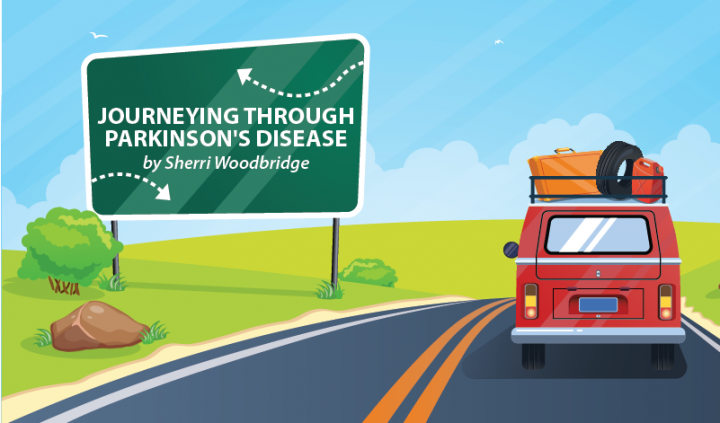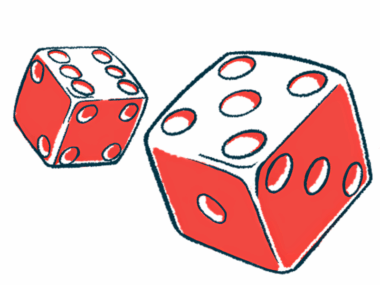Staying Safe in Summer’s Sunshine
Written by |

Summer is here in the U.S., bringing with it humidity and heat. So, in the midst of the stickiness, sweatiness, and eventually, the ripened smelliness, we might ask ourselves, “Should I stop drinking water and dehydrate myself so that I stop sweating, thereby skipping the stinking?”
Uh, not recommended.
Dehydration adds to problems already in the brain of a person with Parkinson’s disease. Since we already have enough problems with our brains, why create more?
When we are dehydrated, our brain cells don’t function properly, which leads to cognitive issues. Dehydration, even if slight, causes our brains to work harder at whatever mental or physical tasks we may find ourselves involved in.
Just last year, I experienced my first (and hopefully last) heatstroke. Thankfully, my neighbor is a nurse and recognized what was happening, and helped me out.
With the onslaught of summer’s heat, it’s important to follow some simple, healthy guidelines while basking or working in the summer sunshine.
It may seem elementary, but staying hydrated is the best way to stave off getting overheated, and water is the best choice for that.
Adding a lemon or lime wedge to your water is helpful for those who don’t care for “plain” water or who have a hard time tolerating it. A lemon also can help you drink more water than you normally do because it tends to make you thirstier.
Wear light-colored and loose clothing when working out in the garden. Do your outside chores in the morning or in the evening when it is cooler.
Know the signs of heatstroke. According to the Mayo Clinic, they include a flushed face, high body temperature, headache, nausea, rapid pulse, dizziness, and confusion.
You may not mind sweating or being sticky. You may not even mind being stinky. But becoming sickly because you allowed yourself to become dehydrated on a hot summer day isn’t worth the risk.
***
Note: Parkinson’s News Today is strictly a news and information website about the disease. It does not provide medical advice, diagnosis or treatment. This content is not intended to be a substitute for professional medical advice, diagnosis, or treatment. Always seek the advice of your physician or another qualified health provider with any questions you may have regarding a medical condition. Never disregard professional medical advice or delay in seeking it because of something you have read on this website. The opinions expressed in this column are not those of Parkinson’s News Today or its parent company, Bionews Services, and are intended to spark discussion about issues pertaining to Parkinson’s disease.



Leave a comment
Fill in the required fields to post. Your email address will not be published.